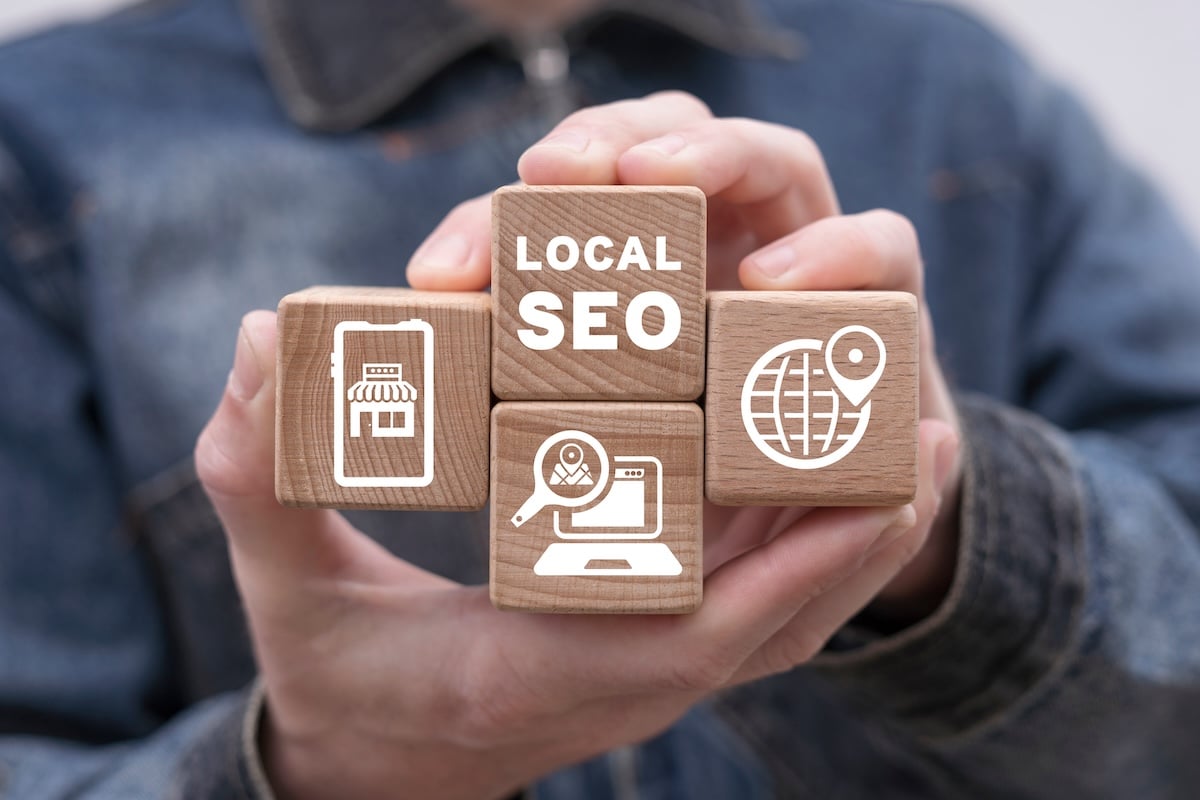
Did you know that 97% of consumers search online to find a local business? Or that 88% of searches for local businesses on a mobile device result in a store visit or a phone call within 24 hours?
These statistics prove that local SEO works wonders for your business, and having a local SEO specialist can bring more customers to your doorstep.
What is Local SEO?
The first step to working with local SEO is understanding what it is. In technical terms, local SEO is a marketing technique where you optimize search engine results for local searches. However, we’d like to add that local SEO is one of the best digital marketing strategies to generate leads.
The goal of local SEO is to boost your brand exposure beyond your storefront and to make your business more accessible to potential customers in your local area. It reaches your target market in and around your business’s physical location. The best part is that it’s 100% free.
Why Start Local SEO?
People want to find businesses close to their homes. Searches including the words “near me” have increased by two times over the past year. In times of convenience, it’s easier to visit a store or work with a business within five miles than to drive further out. More importantly, if you’re a company with several locations, you want to make sure that people find a location that’s closest to them for the best service.
With local SEO, you can push your competitors away so potential customers will find your business first. Then, when you’re at the top of the page, you’re more likely to get phone calls, in-person visits, more form submissions, and, overall, more customers!
Local SEO is crucial not just for product-based stores but service-based businesses as well. When customers don’t know what they’re searching for, they’ll let search engines fill in the blank. Search engines like Google tailor people’s results based on several factors like keywords, local citations, reviews, and more.
Did we mention that most mobile device users have their location settings on? This is why you want to optimize your business for locality and let people know that you’re an option they can visit.
Where Do You Start?
Google often changes its criteria for ranking, which can make it time-intensive. However, with the help of a local SEO specialist, they can help increase your local visibility and your digital footprint. An expert can also promote what your business offers.
To get started, it’s essential to make sure that your locations are set up correctly on your website and off-site.
These can include:
- Apple and Google Maps
- Having specific location pages on your website (Separate from the contact page)
- Google My Business (now known as Google Business Profile)
- Bing Places
- Yelp
- etc…
You’ll want to ensure that all the information sections are filled out, are accurate, and include a link to the main website. This will make it easier for Google to identify specific locations and optimize them in various ways.
What are the Types of Local SEO Strategies?
There are many types of local SEO techniques that your business can use aside from the initial ones mentioned above.
1. Local Citations
It’s important to note that local citations are your best friends that easily help spread the word for you. The mainstream platforms include GMB, Yelp, and Bing Places. Even the mid-tier ones like Manta and EZLocal can help your SEO ranking. They may not always appear on the first page, but they can still hold high value.
2. Target Keywords
When writing content for your website or blogs, you can include specific location keywords to help build your local ranking. They can be broad cities like “Houston” or more specific areas like “River Oaks.”
3. Reviews and Reputation Management
We all know that reviews can make or break a business. Having a 4-star or higher is ideal, but it doesn’t always come easy. The most important thing is how you respond to all your reviews, whether they’re positive or negative. Ultimately, people care more about how a business treats their customers. Keep note that while people do read these, Google does as well!
4. Mega Data Aggregators
Data aggregators are websites or programs that collect location data and display them to a large group of people. These aggregators will filter information down to other websites that may or may not have your company’s local listing. In addition, the aggregator may help keep things accurate by syncing the data if a website already has your local listing. A common example for local SEO is Foursquare.
5. Link Building and Backlinks
The more your location listings are promoted through authoritative websites, the more that search engines add value to your local citations.
How Do You Measure the Results?
The great thing about local SEO is that it’s easy to track and measure. There are many reporting tools available where you can see the statistics. When working with a local SEO specialist, you can let them know what insights you’d like to see. You can narrow it down to which zip codes people are searching from, who is searching for your business’s name directly, if people are looking for specific products or services, and more!
Let’s Race to the Top of the Results Page!
Are you ready to push your competitors away and show up at the top of the search engine results page? Instead of spending your time researching and optimizing all of your local SEO strategies, consider working with us. We’ll save you time and lead more customers to your doorstep!


